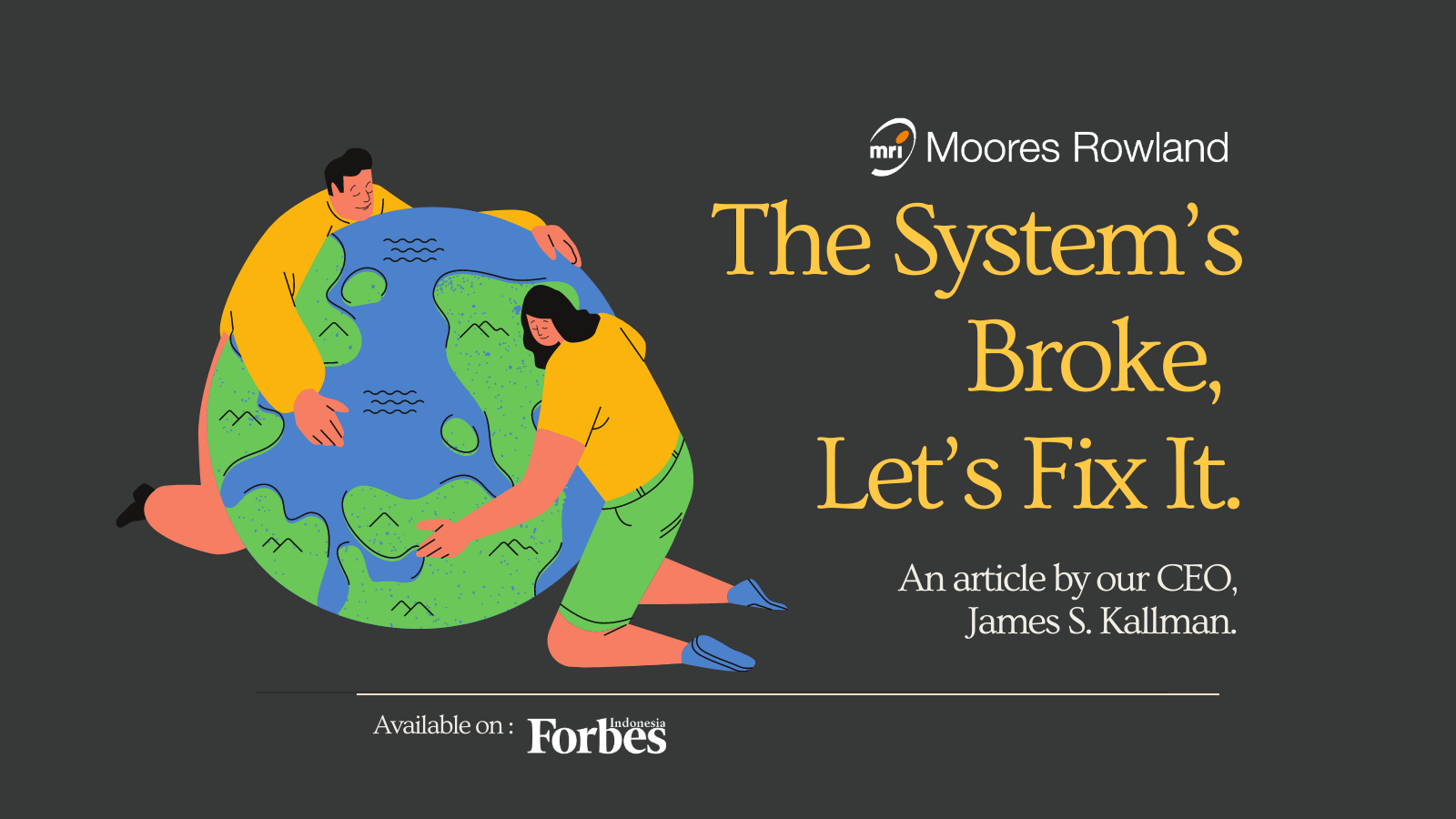The System’s Broke, Let’s Fix It
January 2021
We approach the end of yet another year, arguably one of the most challenging in our collective lifetime. One thing is for sure though, there can be no going back to the way things were before. We must adopt change in healthcare, education, employment, lifestyle, everything. In embracing these new visions with open arms, we must welcome them not for the benefit it will bring the individual but for the welfare of the whole planet and all who would live on it.
If that means killing a few sacred cows along the way, then so be it. For they are not edicts carved in stone, merely learned treatises formulating ideas that best fit with the situations of their time. For example, John Maynard Keynes favored deficit spending to avert crises and maintain full employment, which stabilized economies after World War II, unlike WW I. Milton Friedman, later in the century, disagreed, arguing a laissez-faire government economic policy was to be preferred.
Writing in the NY Times Magazine in 1970, Friedman penned The Social Responsibility of Business, in which he stated that businesses should concentrate on profit maximization for shareholders and not become involved in social welfare. To do so, he argued, would lead to the politicization of the marketplace, potentially corrupting both the private sector and government.
Fifty years on and things have changed radically. No sane man can argue about the effects of climate change, as demonstrated by wildfires in Australia and the American west, and the melting of Greenland’s ice cap, while the rampant divergence between rich and poor continues at a breakneck pace. Even in the world’s richest countries, the homeless count in the hundreds of thousands, while in Indonesia are estimated to be in the millions. And all these figures are likely to be exacerbated by the COVID outbreak.
A year has passed since the Business Roundtable, a non-profit involving the CEOs of almost 200 prominent US businesses, issued their “Statement on the Purpose of a Corporation”. Individually signed by the CEO of each company, they committed to:
- Deliver value to our customers
- Invest in our employees
- Deal fairly and ethically with our suppliers
- Support the communities in which we work
- Generate long-term value for shareholders, who provide the capital that allows companies to invest, grow, and innovate
Nor have they just paid lip service and retreated into their shells, for at a recent Forbes JUST 100 Virtual Summit, Microsoft CEO Satya Nadella called for a “referendum on capitalism” urging businesses to grade themselves on the benefit they bring to society rather than just on their profits. It’s a call Indonesia should heed as it emerges from the COVID pandemic and takes its place as a growing economic power. Looking for a bright side, the pandemic has given Indonesian businesses a chance to reflect on the measures it must take to succeed on the world stage. We really can fix it!
Written by : James S. Kallman
Available also in : Forbes Indonesia (December 2020 edition)


